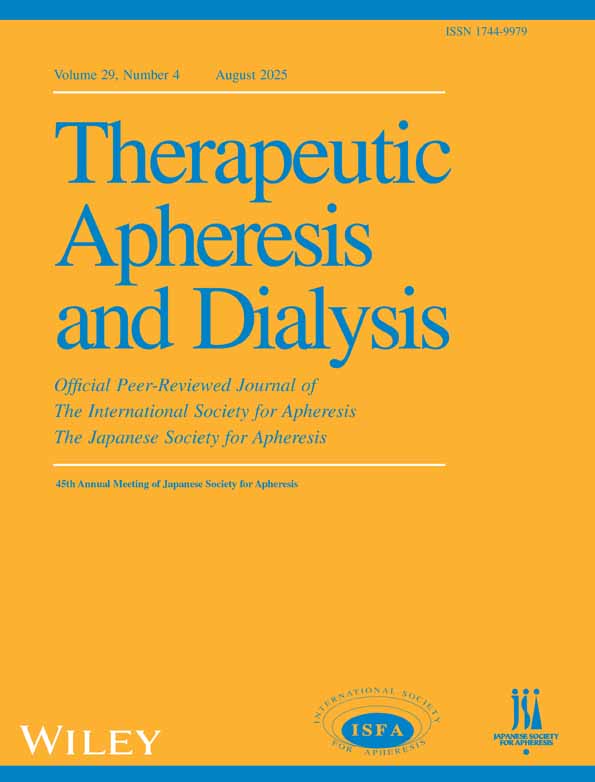Comparison of mood status and treatment adherence between dialysis modalities
Abstract
Background
Psychiatric disorders, particularly anxiety and depression, are highly prevalent among dialysis patients and adversely affect clinical outcomes, including adherence to treatment. We aimed to evaluate the impact of dialysis modality on mental health and medication adherence.
Methods
We conducted a cross-sectional study with 192 patients: 89 on hemodialysis (HD) and 103 on peritoneal dialysis (PD). Anxiety and depression were assessed using the Hospital Anxiety and Depression Scale (HADS), while medication adherence was evaluated with the Morisky Medication Adherence Scale-8 (MMAS-8).
Results
HD patients had higher mean HADS-A (8.03 ± 4.41) and HADS-D (9.47 ± 4.97) scores compared to PD patients (HADS-A: 6.7 ± 3.04; HADS-D: 6.46 ± 3.86, p < 0.01). Regression analysis revealed HD as an independent predictor of anxiety. HD patients had a higher risk of depression than PD patients, although this did not reach statistical significance after adjusting for potential confounders. Medication adherence was higher in PD patients, with 18.4% showing high adherence versus 8.9% in HD patients (p < 0.001). Anxiety and depression were not significantly associated with adherence, although trends suggested lower adherence in patients with worse mental health.
Conclusion
HD patients experience higher rates of anxiety, depression, and lower medication adherence compared to PD patients. Tailored interventions targeting mental health and adherence could improve clinical outcomes. Future research should explore long-term strategies to optimize care.
Open Research
DATA AVAILABILITY STATEMENT
The data that support the findings of this study are available from the corresponding author upon reasonable request.




